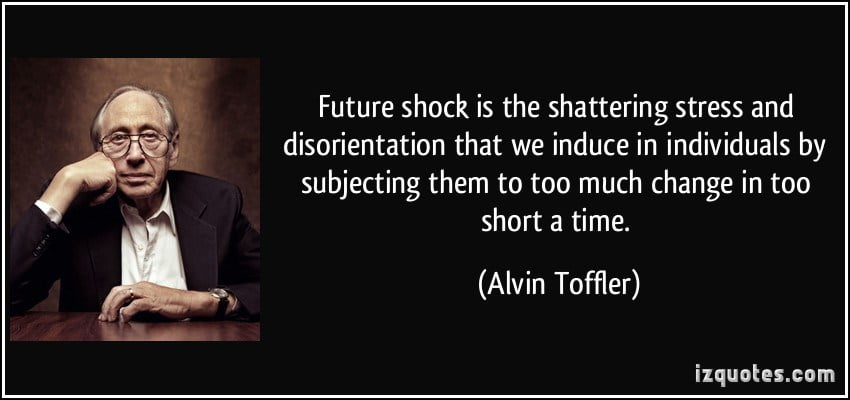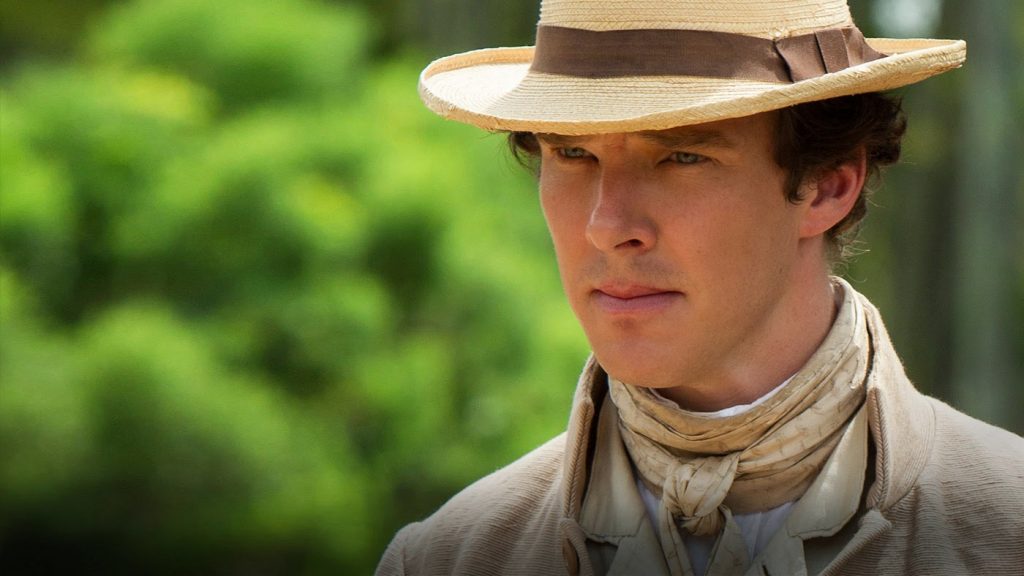This is part three of our continuing series on “The Uses of History.” You can find parts one and two here and here respectively.
Pixar’s new film Inside Out does a wonderful job of exploring something we all are intimately familiar with, but which we only rarely think about: our emotions. The study of cognition—meaning our explicit thought processes and consciousness—has been a part of psychology and neurobiology since the 1960s. But it is only relatively recently that the scientific study of emotions (an interdisciplinary effort lumped broadly into the category of “affective science”) has emerged.
And historians, too, have been getting in on the act. Spearheaded by the Max Planck Institute for Human Development in Berlin, and the Australian Research Council’s Center for Excellence for the History of Emotions (a nationally-funded collaboration of five Australian universities), historians have been exploring the inner emotional lives of people in the past. I have heard this research agenda derided as “silly” at a recent conference, and surely it might seem strange to study the feelings of past people.
It can be assumed by humanists (such as me), that people in the past had the same emotional responses that we do—they experienced joy at their successes, sorrow at their losses, and had hope for and fear about the future. But, these historians provocatively ask, outside these broadest of terms, what if they did not experience emotions in the same way that we do? What if emotions themselves are culturally (and therefore temporally) defined? What challenges does that present to our historical empathetic imaginations—which I have argued is the core activity of creating good history—if these people do not just think differently than we do, but feel differently than we do?
The exploration of these questions remains in its infancy, academically speaking. But I am reminded of my own training (though rather less scientific) in emotional empathy—as an actor. One of the core skills of any actor is to have a fundamental, intuitive understanding of emotions so that they can replicate them with such intense verisimilitude that they seem real.
In one class, I remember very clearly my professor (the inimitable Geri Clark) dividing all emotions into two camps. Nearly all emotions, she argued—hate, love, indifference, disappointment, sorrow, joy and all the rest—are backward-looking. They reflect our mind’s processing of what has happened to us, either in the immediate or the distant past. There are only two forward-looking emotions.
Hope, and fear.

Those two are the facing sides of a coin. Hope is the emotion that comes from looking to the future (immediate, near, or far) and anticipating a better world (in general or for you specifically). Fear comes from looking to the future and anticipating a worse one.
However, despite their being forward-looking, these emotions are profoundly impacted by our understanding of the past. And furthermore, studying history can help. To add another to our growing list of potted responses to someone asking at a dinner party why you study history, try this: “It gives me hope for, and eases my fears about, the future, and helps shatter my complacency.”
Past, Present, Future
It is easy to feel trapped in the present moment—to feel like a mosquito caught in amber. The very idea of “traditions” (which we’ve been discussing) plays upon this notion that the way things were in the past is the way things are now, with the implied argument that this is how things ought to remain. For those in power, that notion of cultural stasis can be comforting. It can provide an uncritical imagined link between themselves and their ancestors, where their actions are normal, natural, unchanging. For those on the margins of society, however, it can make the present feel like a prison.
Complementarily, change, especially broad cultural change, can be terrifying. It is dizzying to imagine that there are people still alive today who were born before the turn of the twentieth century—before automobiles, radio, or widespread domestic electricity. And in tandem with these technological advancements have been concurrent cultural shifts: women’s suffrage, civil rights, gay rights, decolonization, globalization, the rise and fall of fascism and communism, world war, cold war, proxy war, the war on terror. From the first powered flight in 1903 to the moon landing in 1969 to, as I write, sending probes to the furthest reaches of our solar system and beyond.
It’s madness.
In 1970, writer Alvin Toffler coined a term to describe this anxiety that this can create: “future shock.” Roughly speaking, future shock is culture shock that occurs from the increasing pace of change within your own culture. According to Toffler, it can cause widespread anxiety. It has been posited as one of the explanations for the lurch towards religious fundamentalism in many societies across the globe.

The study of history, however, can be a counterweight both to the feeling of being trapped by an unchanging culture, or thrown by a culture changing too fast. It is both the study of stasis, and the study of change. As historian Peter Stearns famously wrote,
“Only through studying history can we grasp how things change; only through history can we begin to comprehend the factors that cause change; and only through history can we understand what elements of an institution or a society persist despite change.”
For those suffering from future shock, gazing into the past can offer a seductive balm; it can show a “simpler, better time” prior to the complexities of the present. But, this vision typically constitutes a cherry-picked mirage, one that does not reflect reality as it was or as it is. However, that is not to say that a nuanced study of the past cannot offer relief. For those with future shock, it offers the lesson that society endures even striking, fundamental changes. The changes both technological and cultural that occurred at the end of the Middle Ages or during the Industrial Revolution were no less marked (if rather slower) than those we see currently. But society endured, and adapted. People found their place in the new world they were presented with. The future need not be shocking. History can help ease our fear.
For those trapped by the present, study of the past can offer hope as well. With apologies for the language, as Louis CK quipped,* “Black people can’t fuck with time machines.”
And he’s right; broadly speaking, life for African-Americans is better today than at any other time in American history.** We’ve still got a long way yet to go towards equality, but it is getting better. As Martin Luther King Jr. famously said (paraphrasing Theodore Parker): “The arc of the moral universe is long, but it bends toward justice.” And, for many, he is right.
But as Dr. King would know all too well, it does not bend itself. Studying history shows us that when the world changed, it did not do so spontaneously, or by passive erosion. Instead, it was changed by the women and men who set out to make it a better, fairer, more just, and more beautiful place. History shows us that it does not pay to be cozy with our hopes, trapped in our fears, or resigned to our fates.
It teaches us that complacency simply will not do.
Editor’s Note (1): This article was published before the allegations about Louis CK came to light. Louis CK is gross and awful.
Editor’s Note (2): This article was published before the election of Donald J. Trump. Donald J. Trump is gross and awful.



